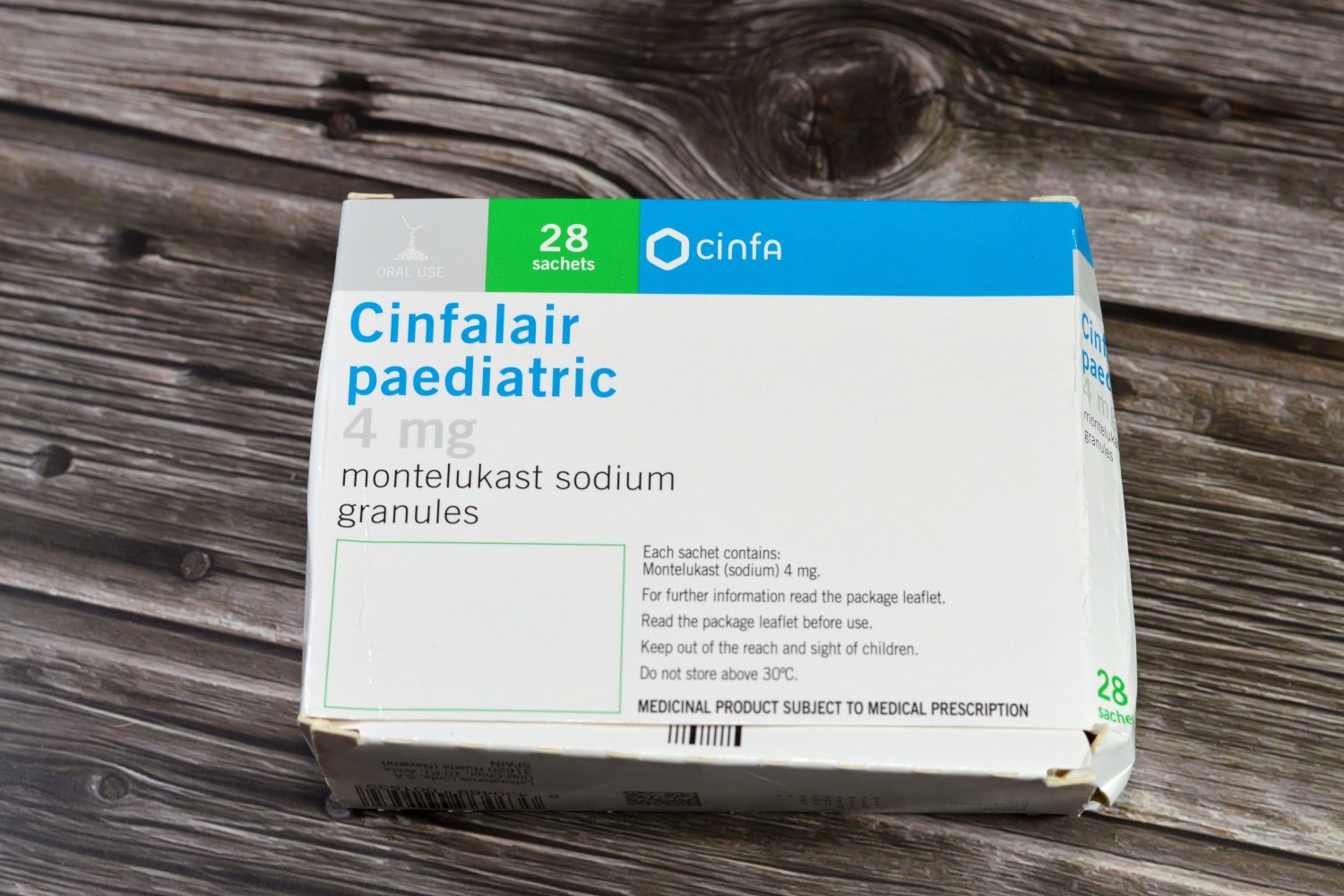Montelukast, a common asthma and allergy medication, has been a source of relief for decades. However, recent research presented by the Food and Drug Administration (FDA) at the American College of Toxicology (ACT) conference reinforces concerns about its potential impact on mental health. This new data adds another layer to the ongoing discussion surrounding the safety of this widely used drug.
The FDA’s research, as reported by Reuters, reveals that montelukast can enter the brains of rats and significantly bind to receptors on brain cells. This discovery provides a potential biological mechanism for the neuropsychiatric side effects, including suicidal thoughts and depression, that have been linked to the drug. While further research is needed to fully understand this connection, the findings underscore the FDA’s earlier decision to recommend against prescribing montelukast as a first-line treatment.
Originally developed and marketed by Merck under the brand name Singulair, montelukast was approved by the FDA in 1998. Its once-daily pill form quickly made it a popular choice for managing asthma and allergy symptoms. However, over time, reports of concerning neuropsychiatric side effects began to emerge.
As early as 2008, the FDA investigated a potential link between montelukast and these adverse events. This led to updated labeling disclosing the possible risks. Despite these warnings, reports continued to accumulate, with thousands submitted to the FDA by 2019. Tragically, between 1998 and May 2019, the FDA received 82 reports of suicide associated with montelukast use, with a significant portion involving children under 19.
In response to the growing evidence, the FDA implemented a black box warning – the strongest type of warning – for Singulair and its generic versions in March 2020. This warning emphasized the potential for serious mental health side effects, including suicide. The FDA also recommended restricting montelukast use to situations where other treatments have proved ineffective, particularly for mild cases.
While previous research had indicated montelukast’s ability to reach the brain, the FDA’s new findings regarding its binding to brain cell receptors is a significant development. According to Reuters, Jessica Oliphant, a deputy director at the FDA’s National Center for Toxicological Research, stated that montelukast accumulates in brain regions associated with psychiatric effects. This observation provides a crucial clue in understanding the drug’s potential impact on mental health.
Despite these advances, important questions remain unanswered. The precise mechanism by which montelukast binding leads to neuropsychiatric effects is still unclear. Furthermore, it’s unknown whether certain individuals are more susceptible to these risks.
The FDA has stated that the new data will not change the existing black box warning. Organon, the spinoff of Merck that now markets Singulair, maintains that the product label adequately addresses the drug’s benefits, risks, and reported adverse reactions. However, Merck continues to face lawsuits from patients alleging that the company was aware of the mental health risks associated with montelukast and downplayed their significance.
In conclusion, the FDA’s latest research provides further evidence of montelukast’s potential impact on the brain and reinforces the importance of carefully considering its risks and benefits. While montelukast remains a treatment option for asthma and allergies, it’s crucial for patients and healthcare providers to be vigilant about potential mental health side effects and to prioritize alternative treatments when appropriate.











